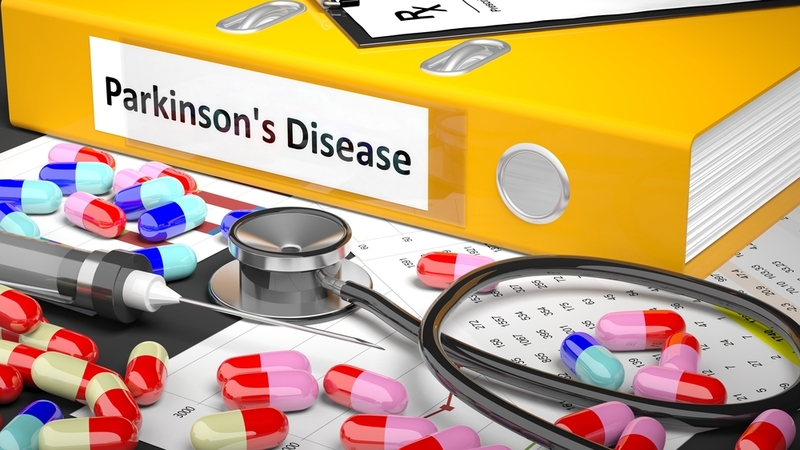Experimental drug can halt Parkinson's progression: Johns Hopkins study
IANS Jul 04, 2018
US researchers have developed an experimental drug that potentially slows down the progression of Parkinson's disease as well as its symptoms.

In experiments performed with cultures of human brain cells and live mouse models, researchers from the Johns Hopkins University in Maryland reported that the drug blocked the degradation of brain cells that is the hallmark of Parkinson's disease. "It is amazingly protective of target nerve cells," said Ted Dawson, Professor at the University's School of Medicine. The drug, named NLY01, is similar to compounds used to treat diabetes and is expected to move to clinical trials this year.
If successful in humans, it could be one of the first treatments to directly target the progression of Parkinson's, not just the muscle rigidity, spasmodic movements, fatigue, dizziness, dementia and other symptoms of the disorder, Dawson said in the paper published in the journal Nature Medicine.
In a preliminary experiment in laboratory-grown human brain cells, Dawson's team treated human microglia -- a brain cell type that sends signals throughout the central nervous system in response to infection or injury -- with NLY01 and found that they were able to turn the activating signals off.
Further, the researchers injected the mice with alpha-synuclein -- the protein known to be the primary driver of Parkinson's disease -- and the mice treated with NLY01 maintained normal physical function and had no loss of dopamine neurons, indicating that the drug protected against the development of Parkinson's disease.
In another experiment, the team used mice that were genetically engineered to naturally produce more human-type alpha-synuclein typically used to model human Parkinson's disease that runs in families. While under normal conditions, these so-called transgenic mice will succumb to the disease in 387 days, those treated with NLY01 extended the lives by over 120 days. However, the experimental drug must still be tested for safety as well as effectiveness in people, Dawson cautioned.
-
Exclusive Write-ups & Webinars by KOLs
-
Daily Quiz by specialty
-
Paid Market Research Surveys
-
Case discussions, News & Journals' summaries